
Also by Margot Leitman
Gawky:
Tales of an Extra Long
Awkward Phase

Copyright 2015 by Margot Leitman
All rights reserved. No portion of this book may be reproduced or utilized in any form, or by any electronic, mechanical, or other means, without the prior written permission of the publisher.
Published by Sasquatch Books
Editor: Hannah Elnan
Production editor: Emma Reh
Cover design: Mikko Kim
Lettering, illustration, and interior design: Joyce Hwang
Copyeditor: Elizabeth Johnson
Library of Congress Cataloging-in-Publication Data is available.
ISBN: 978-1-63217-027-9
Sasquatch Books
1904 Third Avenue, Suite 710
Seattle, WA 98101
(206) 467-4300
www.sasquatchbooks.com
eBook ISBN: 978-1-63217-028-6
v3.1
 For all of my brave students over the years. You have inspired me daily.
For all of my brave students over the years. You have inspired me daily. 
CONTENTS
AUTHORS NOTE
This book should be read with a notebook, tablet, or laptop handy so you can play along and do the exercises. My wish is that this book inspires you to start jotting down some of your own stories. Or you can be a rebel and write all over my book. Thats okay by me. I like rebels. They usually make good storytellers.
INTRODUCTION
To hell with facts! We need stories!
KEN KESEY , author

In my early days as an aspiring actress in New York City, I was constantly running to auditions, hoping I wouldnt blow it due to my bad hair day/giant pimple/choosing to watch Golden Girls reruns instead of preparing my lines. I was constantly juggling two to three part-time survival jobs, usually some variation of terrible temp, unqualified substitute teacher, and rude because I was exhausted bartender. One day, while racing to get ready in time for a last-minute audition that I had to cancel a day of making twelve dollars an hour for, I burned my neck with a curling iron. It looked like I had a giant hickey. There was no makeup that could cover it up; I had to just go with it. Feeling really self-conscious when I walked in the room, I immediately said to the casting directors, In case youre wondering, this isnt a hickeyits a curling iron burn. I wish it were a hickey. Ive had horrible luck with men lately. The casting director then asked what I meant, and I told a story of a dating disaster that had just occurred, and how after a bland vegan dinner out, my date and I split the bill and I had to watch him balance his checkbook at the table. Who does that?!
I made them laugh before I even read the script. A few days later, I got a call saying I got the part. I was thrilled to be working and didnt even realize that it was more likely that my personal story got me the role, not my acting chops. (Meanwhile, I remained single for another year.)
At that same time, I was also doing a lot of stand-up comedy. I was lucky enough to be booked on shows regularly, but the day of, I would have this overwhelming desire to cancel. I felt so much anxiety over doing stand-up; it was so obvious to both my mind and my body that it wasnt right for me. Then one night on a booked stand-up show that I somehow managed not to cancel on, I decided to throw my set away last-minute, and due to a little liquid courage (this show provided free drinks to comics), I riffed a true story from my disastrous love life on the spot. Unlike stand-up, there were no real jokes in my performance. I had no setups or punch lines. I just recalled the experience, which was a major calamity when it happened, but had become quite funny to me over time. And it killed. Sure the story was a little off-color and raunchy, but that wasnt why it worked. It worked because I was being both real and vulnerable.

After my first foray into telling stories onstage, I managed to get booked on a storytelling show. I didnt even know there was such a thing. It was called The Nights of Our Lives at the Upright Citizens Brigade Theatre in New York City, and at the time I am writing this, its still a regularly running show. I told a story I had told countless times socially, the story of the most embarrassing moment of my life, where I humiliated myself in front of the cheerleading captain of my high school. But when I told it onstage, the audience was silent for the first five minutes of my tale. I felt like I was bombing, until I realized that the audience was listening. When I finally got a laugh, five and a half minutes in, it was the biggest, longest laugh I had ever received onstage. It was one of those laughs that goes into applause, then back to laughtera reaction I had never received in the six years I had been pursuing stand-up. It was such a rush; I couldnt wait to get booked on a storytelling show again. But the problem was, at that time, there were barely any storytelling shows. So, with the help of fellow comedian Giulia Rozzi, I cocreated my own. Because I was actively dealing with dating struggles (have I mentioned yet that my love life was a disaster?), we decided to theme the show around love/sex/dating and call it Stripped Stories. We thought the word stripped was provocative, yes. But it also spoke to the sheer honesty behind telling a story onstage; you are stripping away the small talk and BS and getting to the nitty-gritty right away. Our very first show sold out; there was even a line half a block long of people who were turned away. People wanted to hear people tell stories. And they still do. Our show has been running for eight years now, and touring nationally, and we see no signs of it stopping.
I had a natural knack for storytelling. It just seemed like the perfect fit for me. I explained to my talent manager at the time that I was thinking of transitioning out of stand-up comedy. I told him I didnt really want to tell jokes; I wanted to tell true stories. He told me it was a dead end. My manager explained that a lot of stand-up comedians didnt want to be stand-up comedians, but it was what they had to do to get seen so they could become actors or television personalities and so on. I saw his point but tried to push forward, asking, But couldnt telling stories lead to all that too? He told me no one just tells stories. I said, What about David Sedaris? He sells books, and does live tours where he just reads his true stories, and hes a household name. Id like to be the next David Sedaris. My manager said, No. Youre going to have to keep doing stand-up. Sorry.
Needless to say, I started seeing a therapist to break up with stand-up (wed been dating for six years, and neither of us was happythe relationship was going nowhere) and pursue a risky career path in something called storytelling that I wasnt even sure existed. Within a year of that awkward conversation with my manager, we had parted ways. By the following year, my next manager signed with me


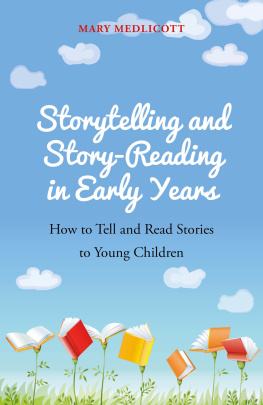
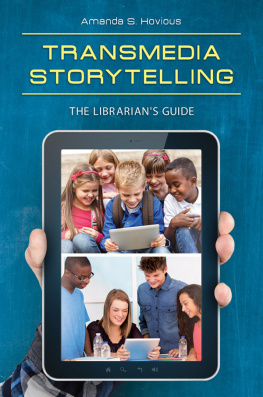
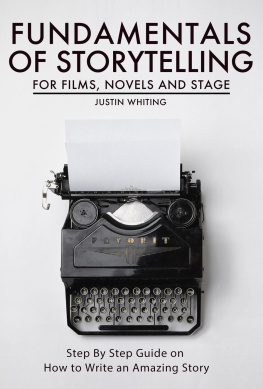
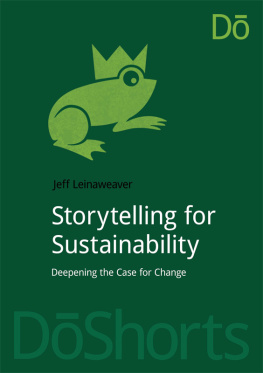
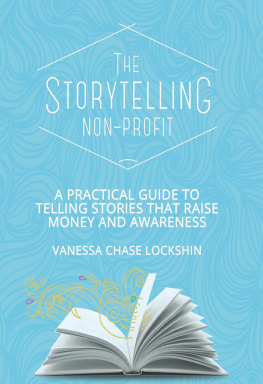

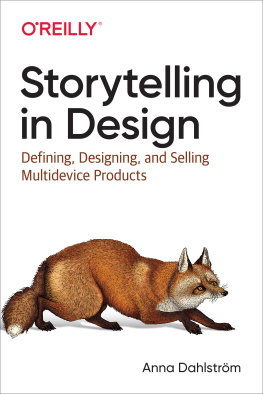
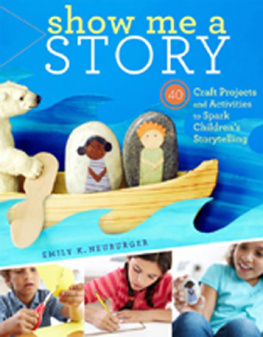


 For all of my brave students over the years. You have inspired me daily.
For all of my brave students over the years. You have inspired me daily. 
